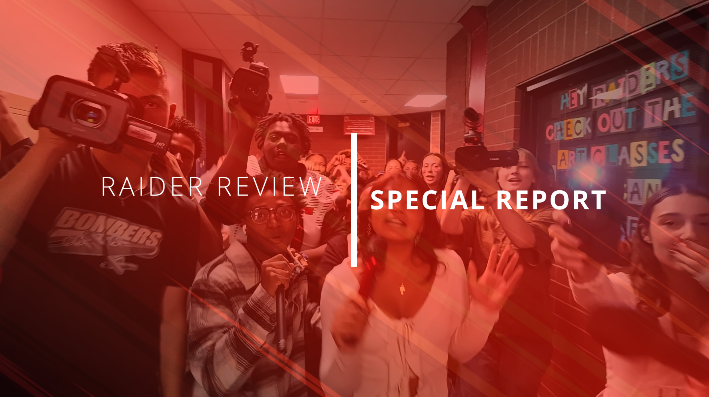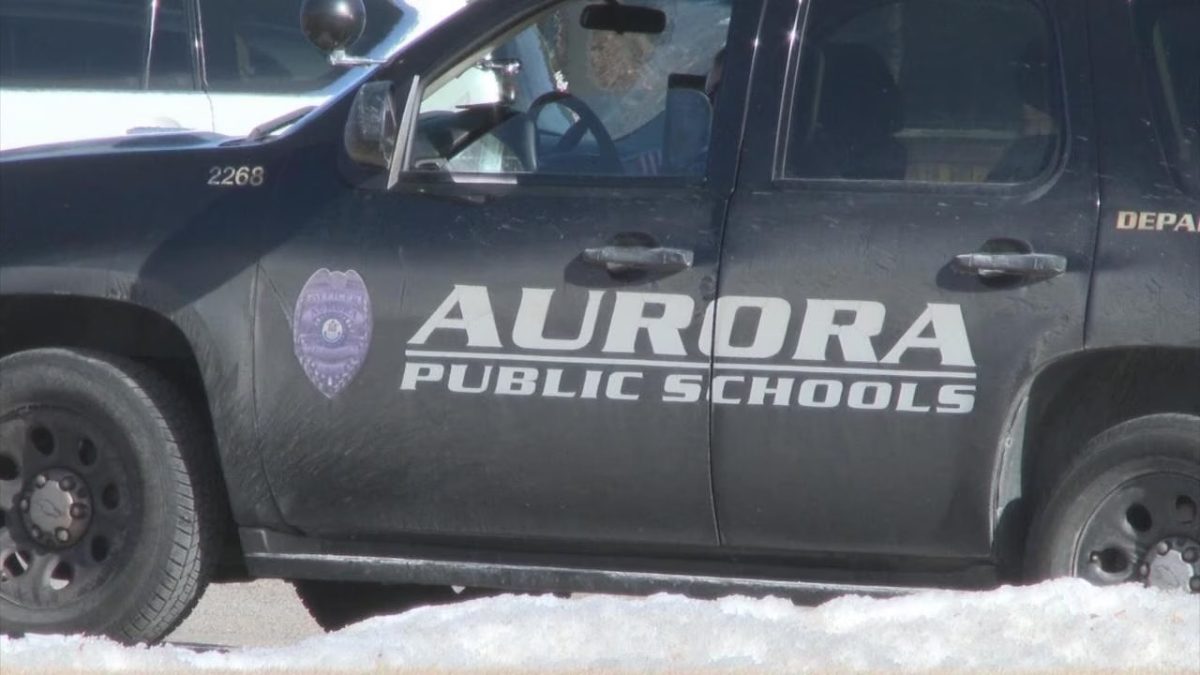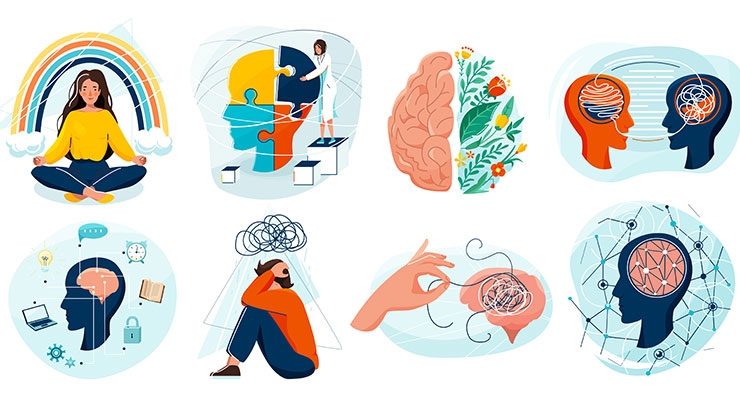By Hannah Metzger, Coloumnist
Featured Photo: Students spend the year after high school all over the world, working abroad and helping less privileged people. (realgap.co.uk)
With the end of the school year quickly approaches many students are beginning to feel the pressures of final grades, ACTs, SATs, college applications, classes for next year, etc. It feels as if school has been a nonstop journey of stress and anxiety since kindergarten.
Some wait and anticipation for high school graduation to bring relief to their tired and sorrowful lives. However, after high school is when the real work begins — college. Unfortunately, education wise, it appears to be all downhill from here. That is unless you decide to take a break.
A gap year is defined as “a period, typically an academic year, taken by a student as a break between secondary school and higher education.” If you’ve never heard of one that’s because they have an unfair negative reputation in the United States; although, gap years are incredibly common and accepted in other countries (especially in Britain where it has been a regular practice for decades).
Rangeview English teacher Mr. Fenimore took a two and a half year break after his freshman year in college before returning to earn his degree. Fenimore explains that he believes gap years can be a good choice for individual students depending on their situation.
“It was one of the best things for me,” said Fenimore. “The worry is always that young people won’t come back to college if they take a year off… That they’ll forget about school.”

The idea that students will abandon education as a whole if they take a break is a common yet unjustified fear. According to data collected from the American Gap Association, 90% of students who take a gap year return to college within a year.
Taking a gap year before college provides students with an opportunity to travel, work, volunteer, learn more about themselves, or simply just relax before beginning the strenuous journey that is receiving a college education.
Senior Christian Hernandez, explained that he does not wish to take a gap year after he graduates this spring because he already knows what he wants to do.
“As of right now I’m pretty certain of what I want so to me there isn’t really any reason to wait,” claimed Hernandez. “(If I were to take a gap year) I would explore other possible career options and see what else could fit me well.”
Many experts claim that students who take a gap year are less likely to change their major, are more mature, and generally more successful than students who go straight to college after high school as explained in “Are Students Who Take Gap Years More Successful” by Kate Evans.
According to an article written by Valerie Strauss for the Washington Post, “…the number of Americans taking gap years through Projects Abroad, a U.K. company that coordinates volunteer programs around the world, has nearly quadrupled since 2005.”
Although the general trend appears to point many students in the direction of gap years, very few, if any, students at RHS plan to embark on the journey of self exploration before condemning themselves to four years of educational prison.
Jesse Aguirre, Rangeview junior, stated that he does not plan on taking a gap year because of finances.
“I do not plan on taking a gap year after graduation as I believe it will set me back financially if I were to travel or move out of my home… (Although a gap year) would greatly help me take a step back and reevaluate myself,” stated Aguirre. “I think it’d be an amazing thing for my personal health but my wallet can’t afford to take such a hit…”
Junior Sarah Bates had a slightly different take on the effect of gap years on students.
“I want to pursue cancer research,” Sarah explained. “A gap year will not help me. A medical degree takes time, whereas taking a gap year makes achieving my goals take more time.”
A gap year might be seen as a waste of time for those who have the rest of their lives planned out; however, for those who do not know exactly what they want to accomplish throughout the entirety of their existence, it may be an option to seriously consider.
According to the American Gap Association’s gap year data and benefits, 60% of students who took a gap year after high school said that the experience either “set them on their current career path/academic major” or “confirmed their choice of career/academic major.”
Fenimore added that he would definitely recommend that his students consider taking a gap year after high school graduation.
“There’s so many opportunities. Things like the Peace Corps, working for the national forest or national parks that just give students a different experience than what they can find in the classroom,” explained Fenimore.
Although gap years aren’t yet completely accepted as a normal practice in the United States, that is no reason not to seize the opportunity to potentially change your life. Gap years give students a chance to learn more about themselves, find their true passions in life, and rekindle their excitement for an education.
If you are interested in taking a gap year after graduation talk to your counselor about the colleges that accept gap years (most U.S. colleges and universities accept and encourage gap years CIEE.org) and visit http://www.realgap.co.uk/ to find traveling and volunteering oppertunites all over the world.






